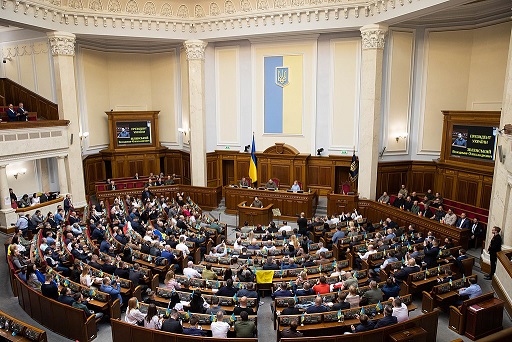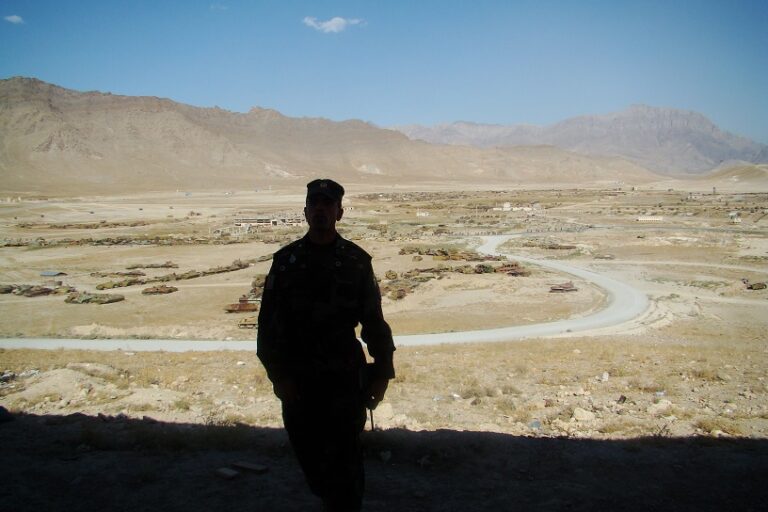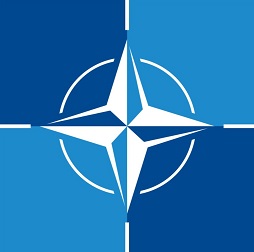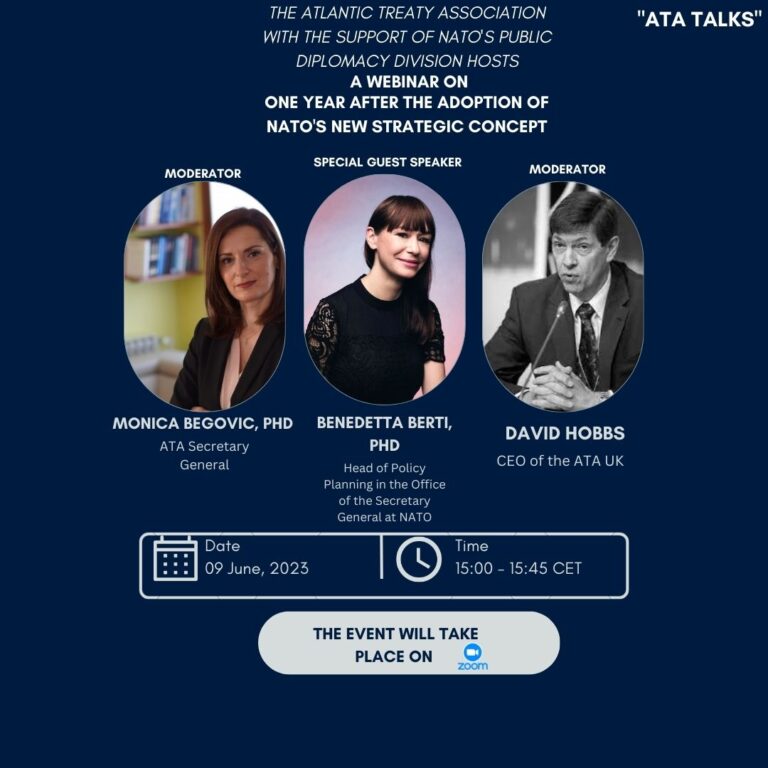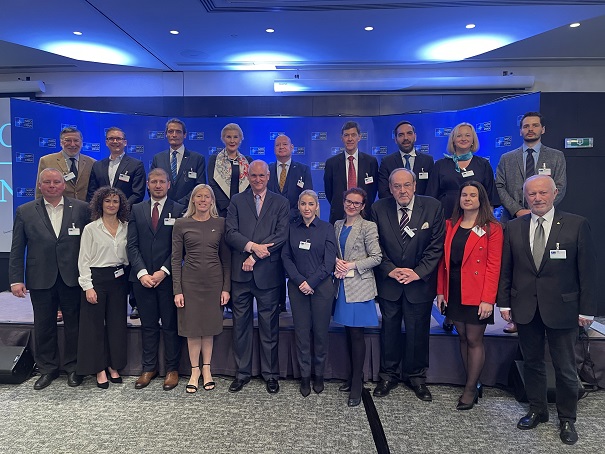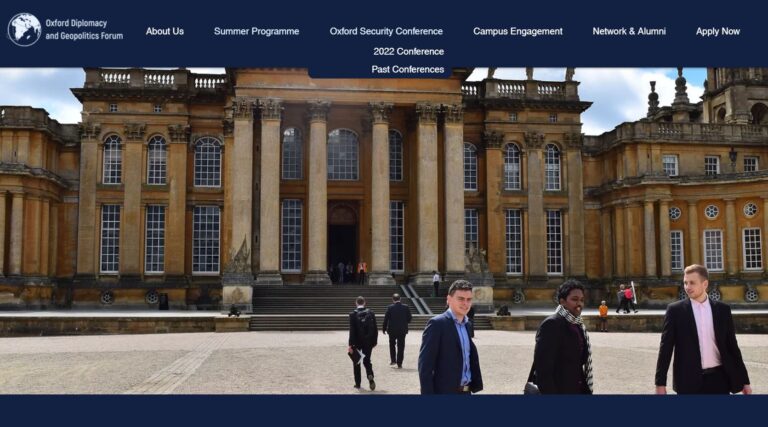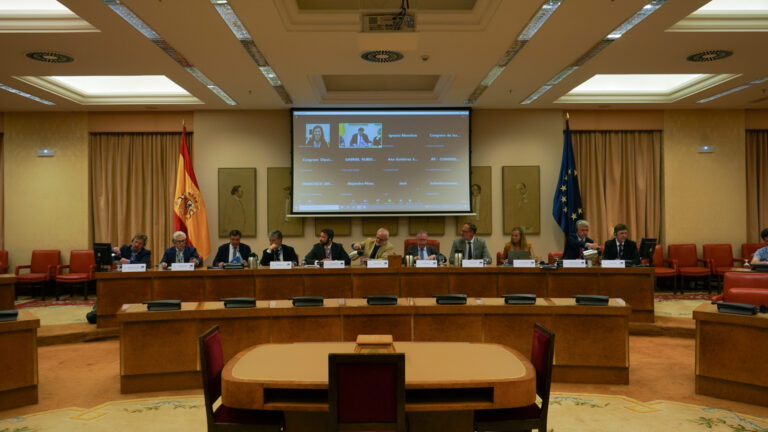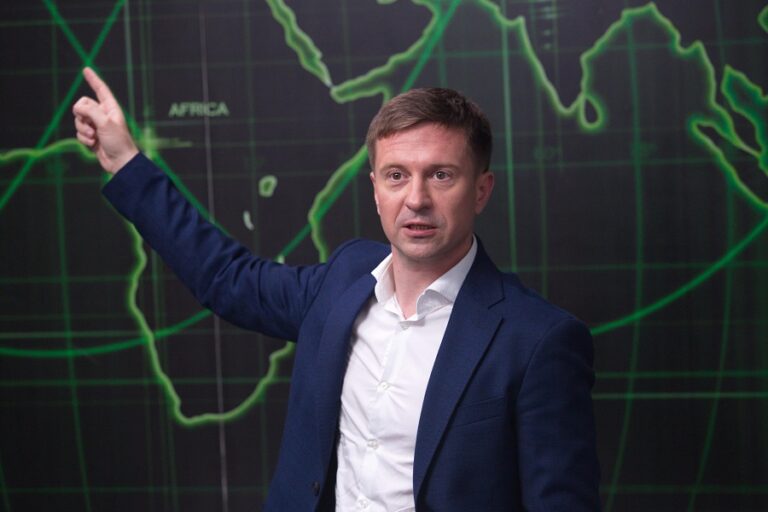Promoting NATO values and the value of NATO
ATA UK aims to raise awareness and understanding of the benefits and obligations of the UK’s membership of NATO. It provides education programmes, analysis and comment on international security issues in an era of strategic competition.
ATA UK: the end of the road
This website was last edited on 30 April 2024
The Atlantic Treaty Association of the United Kingdom formally closed its doors in April 2024. For over three years, it had sought to establish itself as the United Kingdom’s affiliate of the Atlantic Treaty Association, but the annual dues of almost €10,000 were simply too high for an organization staffed entirely by volunteers to sustain.
Most disappointingly, that means that there is now no formal framework for assisting the many enthusiastic young people in the United Kingdom to organize relevant activities within their universities and colleges, and to participate in events organized by the Youth Atlantic Treaty Association.
Those who were involved with ATAUK strongly support ATA and its national affiliates in NATO and partner nations. NATO – and public support for NATO – must never be taken for granted, as many NATO nations – but not the United Kingdom – recognize through their support for national ATA member organizations.
In today’s strategic environment, civil society organizations can act as “force multipliers” for NATO’s own efforts to promote NATO’s values and counter the disinformation efforts of those who seek undermine our democratic societies and institutions.
We will continue to support friends and former colleagues working within ATA and YATA, and we stand ready to advise and assist any other UK body which might be willing to seek formal affiliation with the ATA.
ATAUK’s parent body – Resilient Futures, a non-profit organization which has donated its time, expertise, and institutional framework at no cost – will continue to keep this website on-line for a few months, as a resource for anyone interested in its past output.
"Promoting NATO to Youth" programme draws to a close
The final events in the 2023 “Promoting NATO Youth” took place at Loughborough College and Harington School in Oakham in November and December, respectively.
These followed earlier events at Gateway College and Wyggeston Queen EIizabeth I College – both in Leicester – and a previous workshop at Harington School.
At Loughborough College, four workshops involving over 100 students were held over two days.
Overall… the “Promoting NATO to Youth” programme reached almost 300 students aged 16 to 18 through eleven workshops in four colleges.
The participants were first- and second-year students taking Public and Public Uniformed Service courses, which involve modules on citizenship, international affairs, NATO, and security threats to the United Kingdom.
Overall, thanks to support from NATO’s Public Diplomacy Division, the “Promoting NATO to Youth” programme reached almost 300 students aged 16 to 18 through eleven workshops in four colleges.
There was a high level of student engagement, and the four colleges involved have requested that these workshops be held on a regular basis. Other colleges in the Leicestershire region have also requested similar workshops.
Unfortunately, demand far outstrips supply, and it is regrettable that the resources are simply not available to expand the programme further.
The Programme
The “Promoting NATO to Youth” programme offered students the opportunity to participate in workshops on two themes.
The first – “What is NATO” – looked at NATO as an Alliance of nations based on shared values. It then outlined the benefits and obligations of NATO membership and provided an overview of NATO’s role in international security. It concluded with a look at the realities behind Russia’s invasion of Ukraine and President Putin’s misrepresentation of NATO.
That sets the scene for the second workshop on “Information, Misinformation, and Disinformation”.
Starting with examples of disinformation in everyday life, this workshop showed how certain features of democratic societies – diversity, fairness, and openness – are exploited by hostile disinformation campaigns.
This workshop included “The Disinformation Game” where students explore dhow they might use disinformation to undermine a fictional story circulating on social media.
Why workshops on NATO and Disinformation?
The United Kingdom is a leading member of NATO, and the workshops help young students to understand the Alliance itself and the benefits and obligations of membership.
Students gain a deeper understanding about NATO and, hopefully, will take pride in the United Kingdom’s role within the organization. At the very least, the workshops can address common misrepresentations and misperceptions about NATO and help to dispel misunderstandings about it.
Workshops on NATO are obviously directly relevant to a variety of vocational and academic courses ranging from preparation for public service, to A-levels in subjects such as politics and history.
The workshops also help colleges to fulfil their regulatory requirement to instil British values. The NATO workshops stress that the Alliance is founded on shared values – democracy, individual liberty, and the rule of law – which, of course, are three of the core British values that colleges are bound by regulation to instil in their students.
In addition, by highlighting the dangers of disinformation, the workshops help to “inoculate” students against disinformation in general, and raise their awareness of disinformation campaigns which seek to undermine confidence in democratic values, societies and institutions.
Hostile disinformation campaigns do not respect national borders, nor do they have age limits, so students are exposed to disinformation well before they reach adulthood.

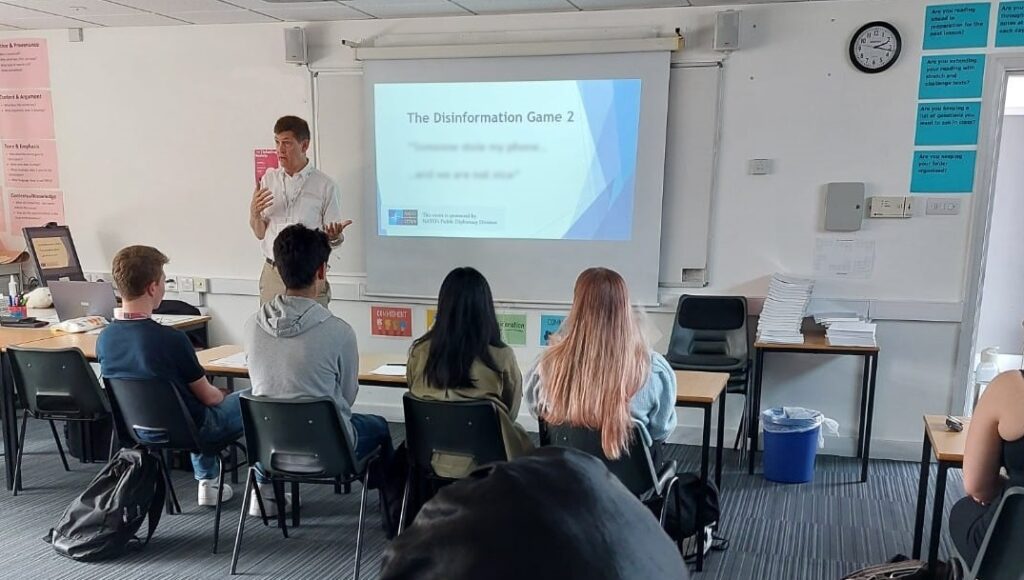
Posts
Russia's Invasion of Ukraine
Perspectives and Explainers
Activities
If you are interested in having ATA UK provide a briefing on NATO in your school or college, contact us using the form below.



